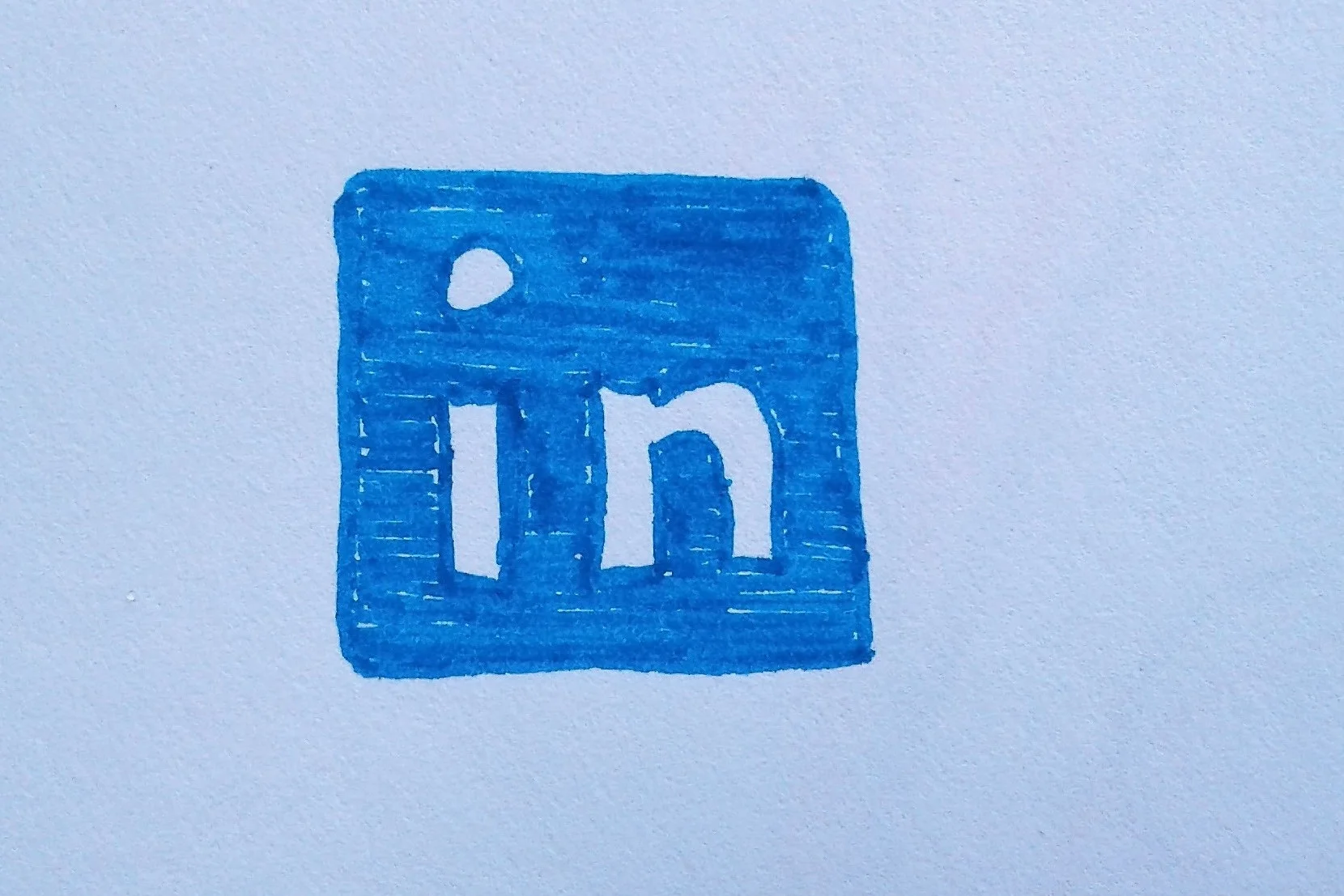Who to connect with on LinkedIn presents a dilemma: should you connect with only coworkers and acquaintances, or should you connect with strangers too?
Some folks only connect with people they have met in person. Their reasoning is sound, as they think of LinkedIn connections as professional colleagues, clients, or coworkers. They are the people in their network they feel most comfortable asking for help. Sociologists call these individuals "strong ties," and they are the folks that most of us reach for when we need advice or a recommendation.
There’s just one problem. Research proves that as devoted as our strong ties are, they are NOT the individuals most likely to help us find a new job. In "Getting a Job: A Study of Contacts and Careers," sociology professor and research scientist Mark Granovetter discovered that acquaintances, also called "weak ties," were more likely to provide useful tips on new openings.
After you check out Granovetter's theory on the spread of information in social networks, think of someone you have lost touch with someone in your industry or a related field. That person might be the missing piece of your career puzzle! Drop them a quick note asking how they have been, and mention that you are thinking of them. LinkedIn can be a great asset in this situation, if you are sure to personalize your connection request.
At the same time you are focusing on your own career development, they are thinking about theirs. From their point of view, you represent an addition to their network too. You may be able to offer them an introduction to someone they’d really like to talk with, or you might have insight into an industry they are not familiar with. There are LOTS of reasons they will most likely respond to your invitation by accepting.
In a recent Inside Higher Ed article, Jennifer Polk and L. Maren Wood share similar advice: “Most people land jobs through their network, so they want to pay it forward. They understand why you are reaching out. You’ll be surprised and amazed at how helpful people will be.”
Give this strategy a try! You will discover that your "weak ties" have a wealth of knowledge and professional contacts that can help you in your career! If it feels a bit inauthentic to email contacts out of the blue, find an article online they would appreciate and share it in your first communication. The best way to restore a relationship is often to "lead with generosity" by offering something useful in your initial re-connection effort.
Finally, when you have caught up on a decade's worth of news, take a deep breath and ask for that recommendation or connection. You will probably be pleasantly surprised at how willing your network is to help you! As always, remember to express thanks and offer to return the favor in the future.
Learn more about Mark Granovetter's work at https://sociology.stanford.edu/people/mark-granovetter. You are invited to sign up for my weekly "Career Authentically" newsletter as well.

